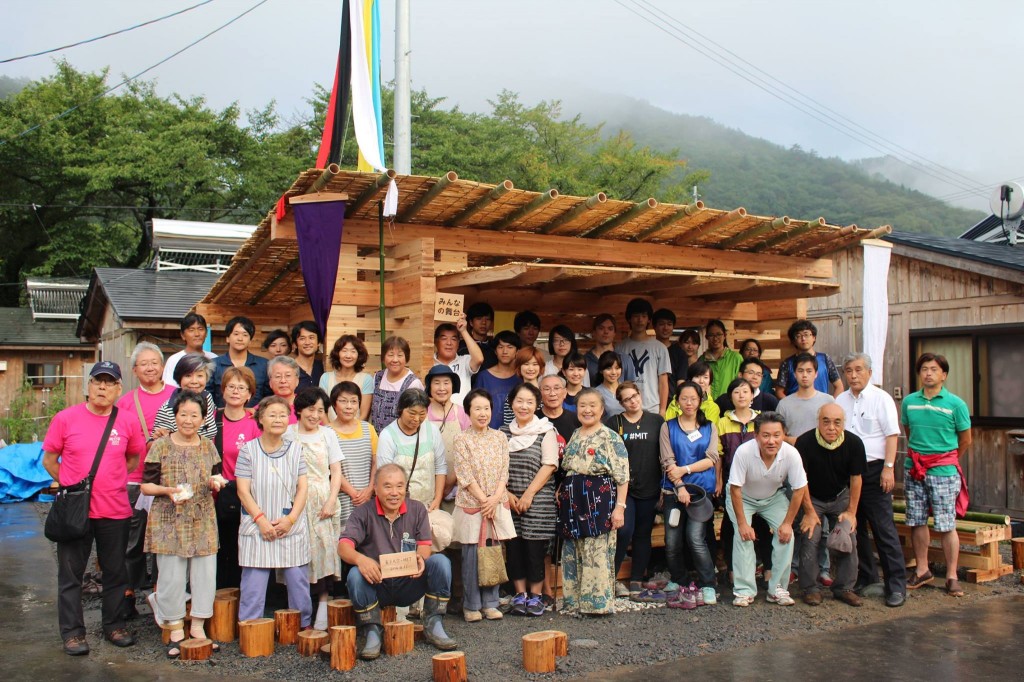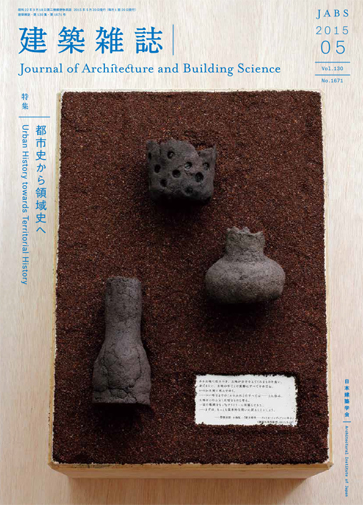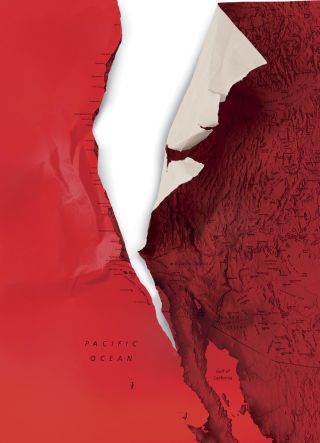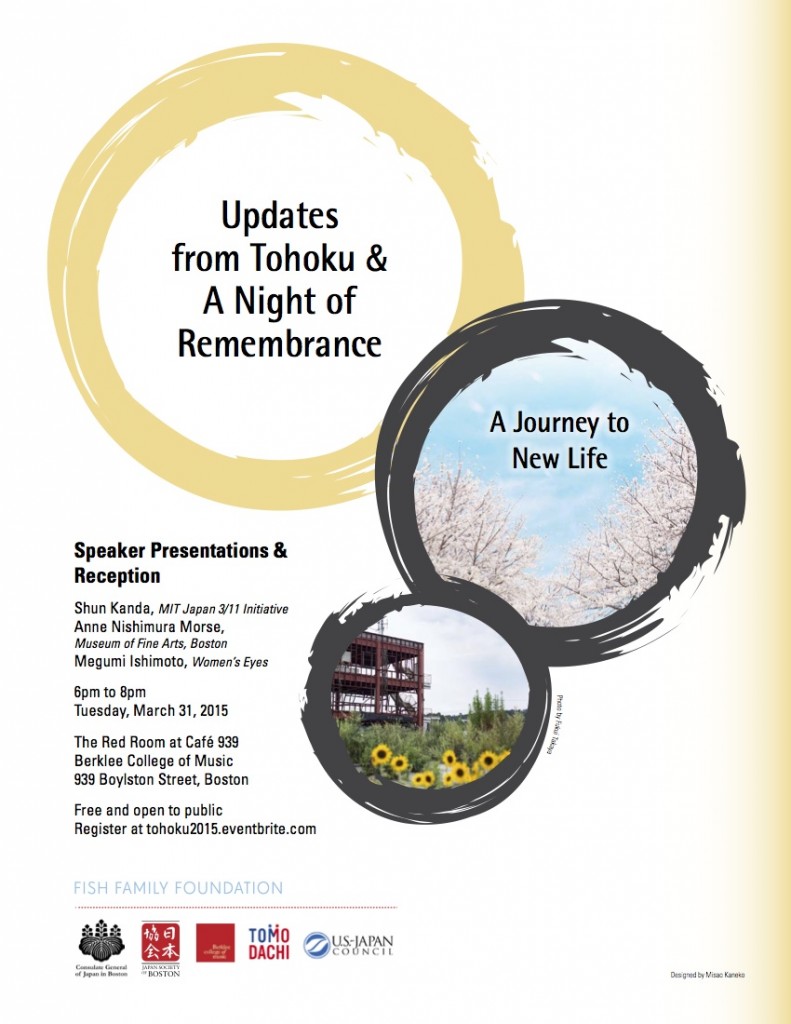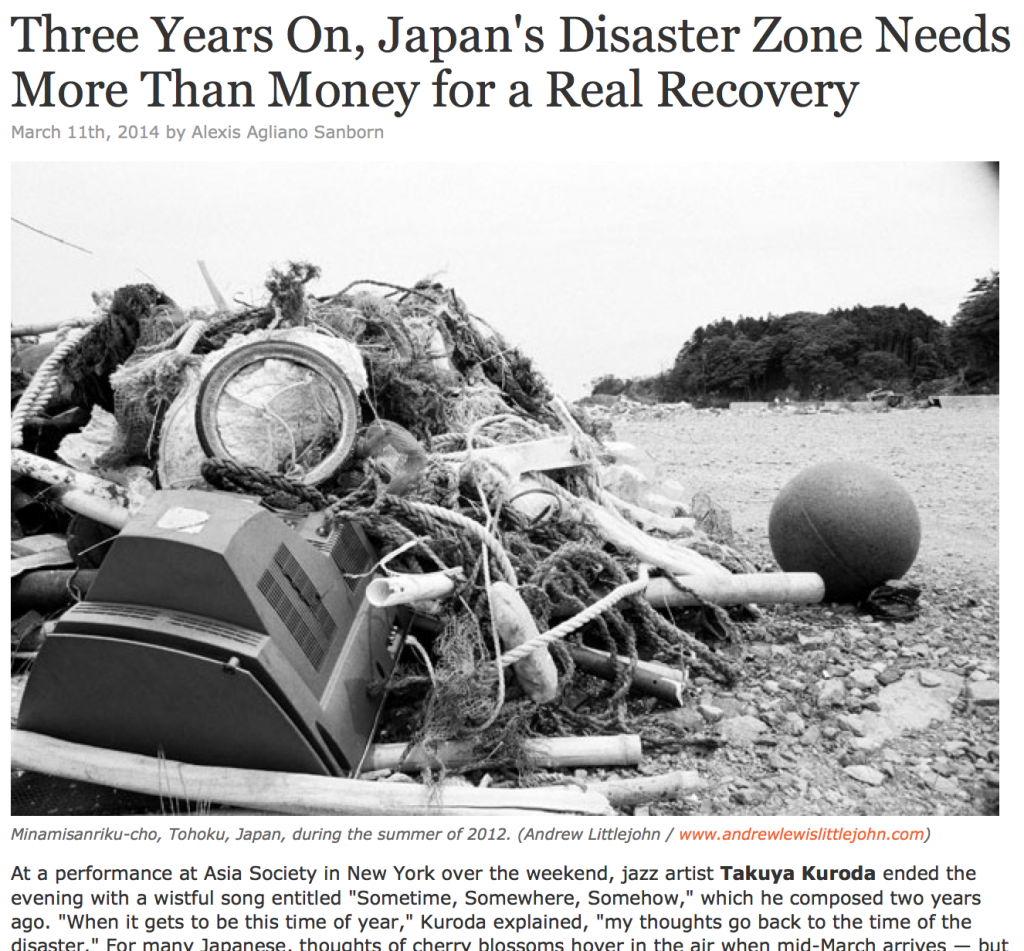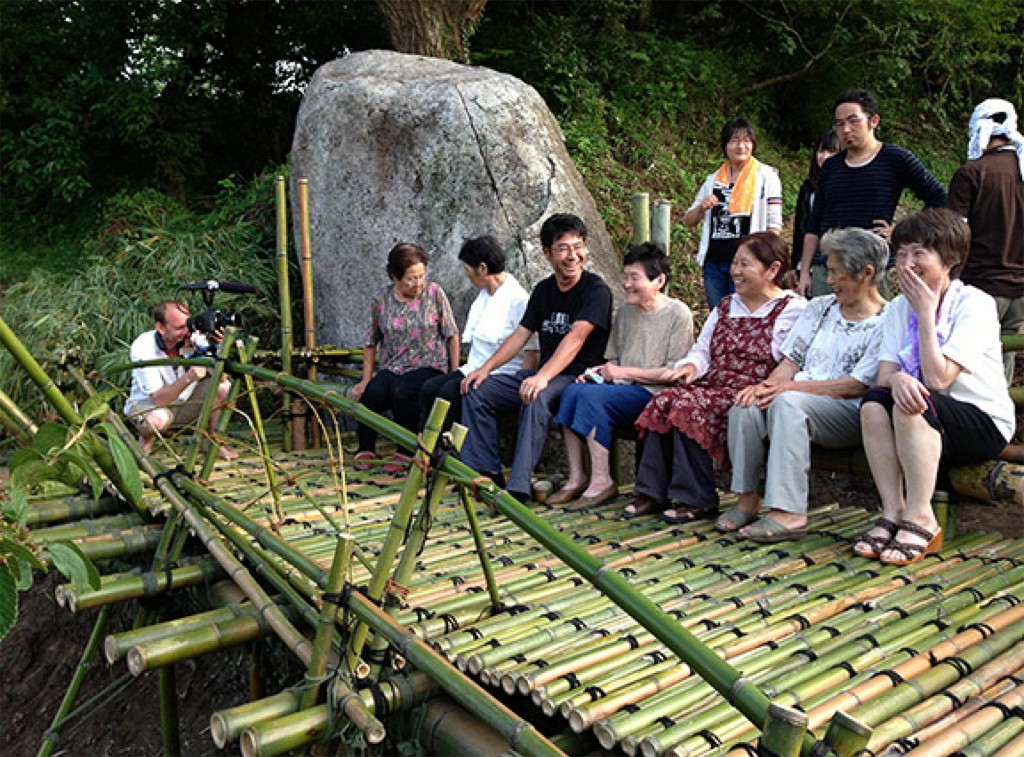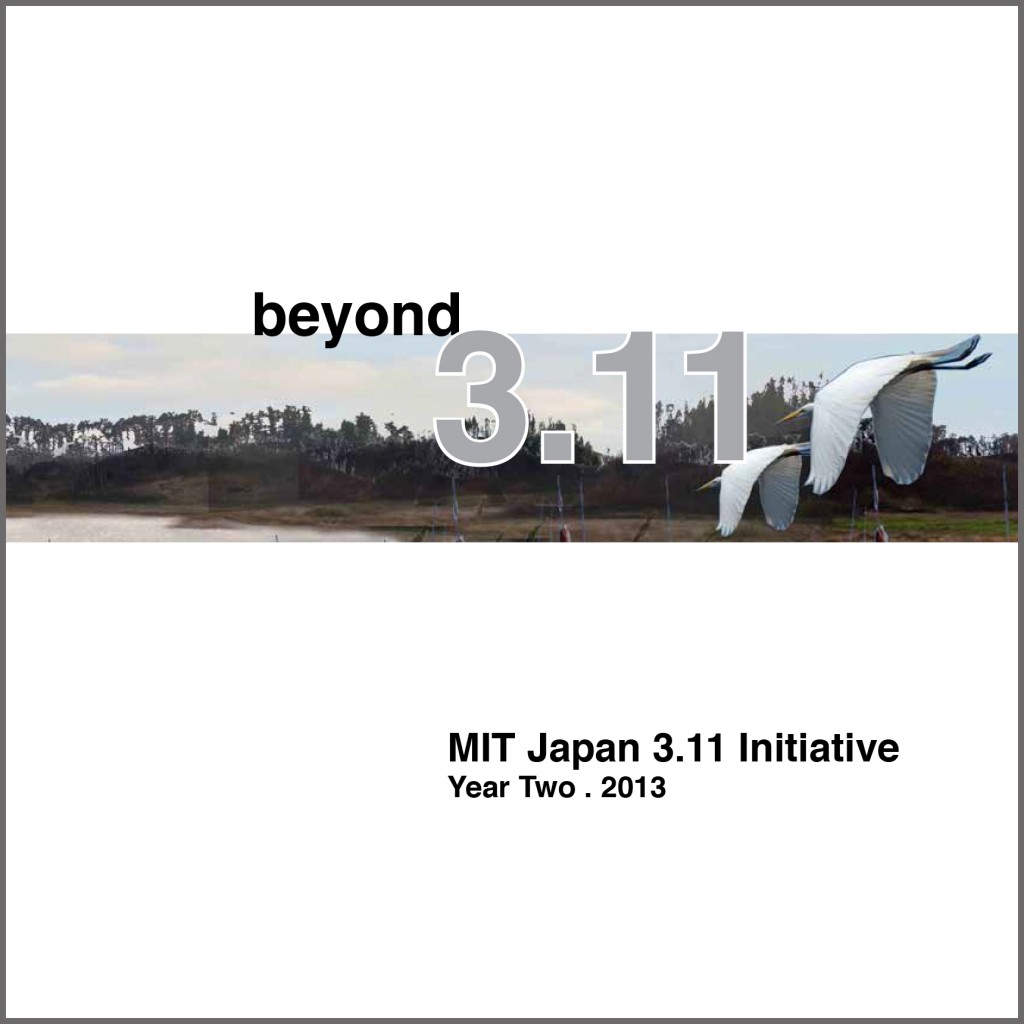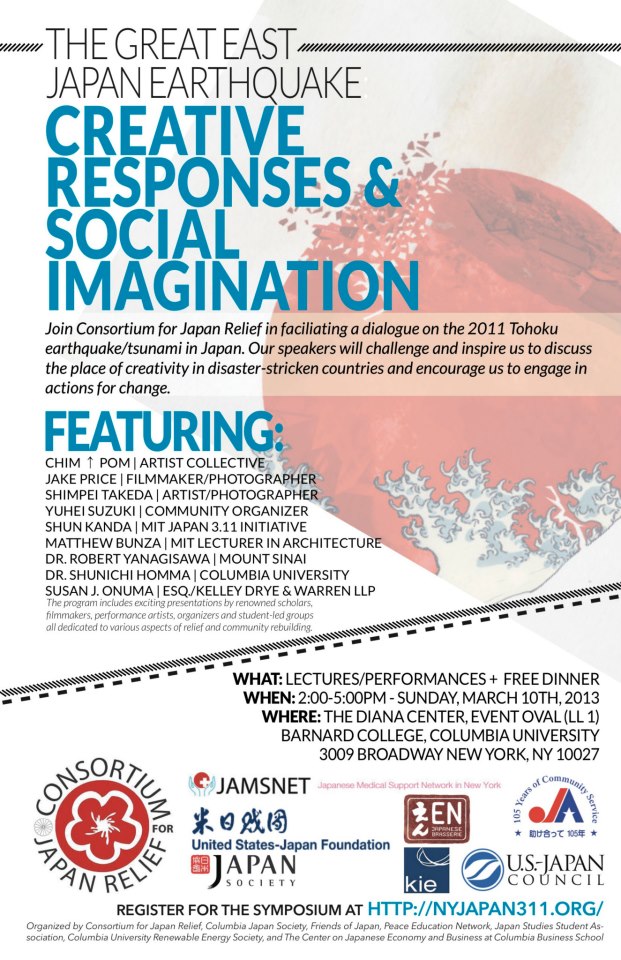Join us in Japan this summer to continue the work with local communities affected by natural disasters and depopulation:
2016 Japan Design Workshop /
International Advanced Design Workshop
Continuity / Transformation in Architecture & Community Form
21 July – 08 August 2016
— Application —
Architecture students, recent graduates, and professionals are invited to apply. While the official deadlines have passed for the Japan Design Workshop, there is time for last minute inquiries and applications. The deadline for International Advanced Design Workshop applicants is April 1st.
Final decisions will be made by mid-April.
For more information:
- Japan Design Workshop Announcement
- International Advanced Design Workshop Announcement
Have questions? See our contact page.
Looking forward to reviewing your applications!

